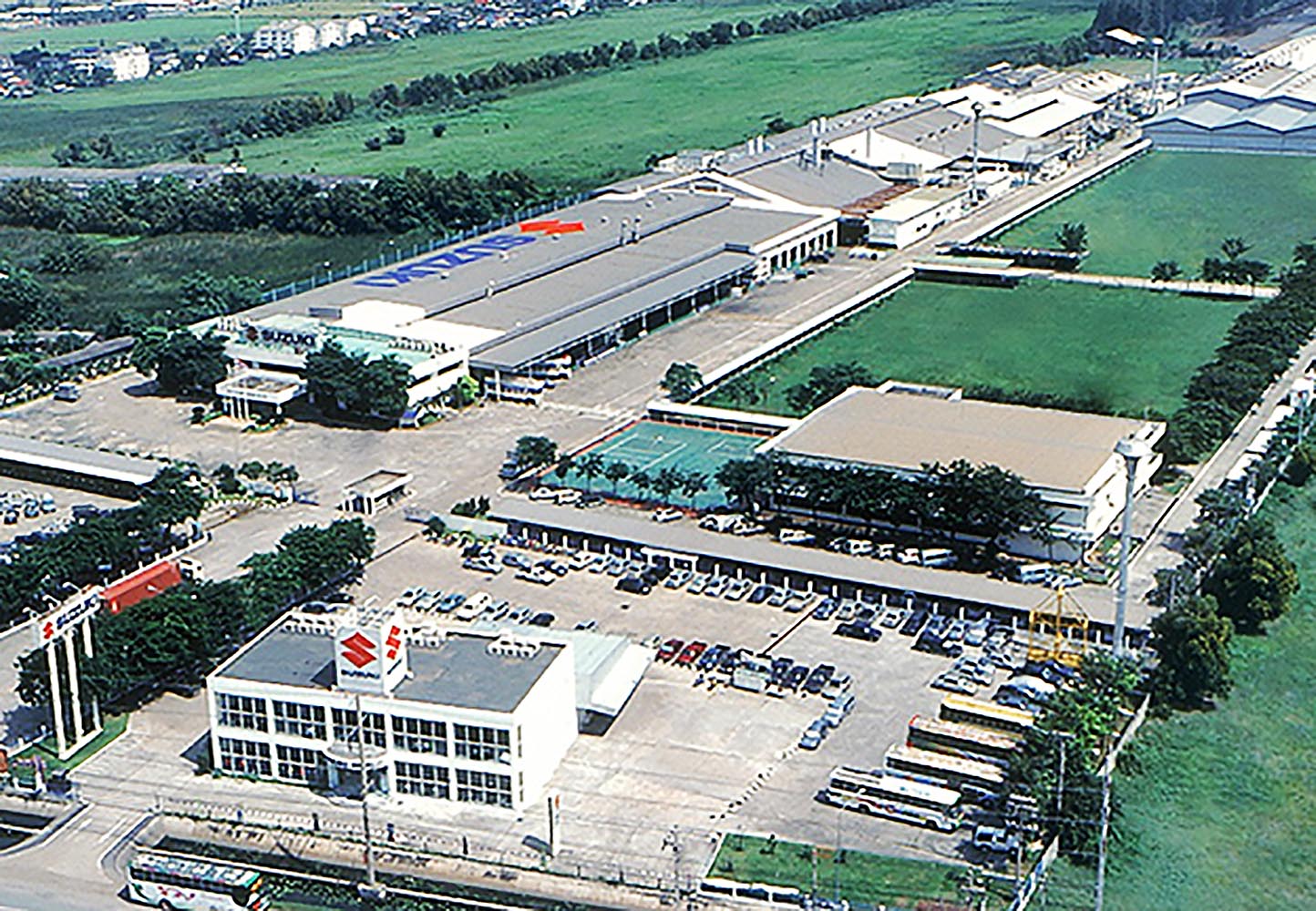
Suzuki to close automobile plant in Thailand by end of 2025
Suzuki Motor Corporation has announced its decision to close the automobile plant of its subsidiary, Suzuki Motor (Thailand) Co., Ltd. (SMT), by the end of 2025. This move comes as part of Suzuki’s broader strategy to review and optimise its global production structure.
The SMT plant, established in 2011 following the Thai government’s eco-car project initiative, began production in 2012 and reached an annual output of up to 60,000 units, including exports. However, as Suzuki pushes forward with its global efforts towards carbon neutrality and electrification, the company has decided to consolidate its production sites, leading to the closure of the SMT plant.
Despite the plant’s closure, SMT will continue to operate its sales and after-sales services in Thailand. The company plans to import Completely Built Units (CBUs) from other ASEAN region plants, as well as from Japan and India, to meet customer demand. Additionally, Suzuki aims to support Thailand’s carbon neutrality goals by introducing electrified models, including hybrid vehicles, into the market.
Overview of Suzuki Motor (Thailand) Co., Ltd.:
- Establishment: August 2011
- Start of Production: March 2012
- Location: Pluakdaeng, Rayong Province
- Capital: THB12,681.87 million (USD344.64 million)
- Number of Employees: Approximately 800
- Production Models: Swift, Ciaz, Celerio
- Production Result (FY2023): 7,579 units
- Sales Result (FY2023): 10,807 units (Thai domestic), 1,272 units (exports)
The closure of the SMT plant marks a significant shift in Suzuki’s manufacturing strategy, reflecting the company’s commitment to environmental sustainability and adaptation to evolving market demands.













